A couple of weeks ago I spent some time in Perth, WA visiting my son and a couple of friends who I have known since high school. It was lovely to catch up with all of them and just take time to relax and chat. And I enjoyed the weather – it was wonderful to finally have some heat and blue sky after so many grey and cool Melbourne days.
While I was in the west, my son drove me to Karrakatta Cemetery, where my parents and maternal grandmother are buried. I haven’t been there since my father died in 2012. My parents are in the newer Russian Orthodox section but my grandmother is on the other side of the cemetery in the old Russian Orthodox section. My grandmother, Olga Woronoff (neé Countess Kleinmichel) who told her story in her memoir Upheaval, is also included in one of the cemetery’s historic walks, in trail two.

Personally I find cemeteries, especially older cemeteries, fascinating.
As a historian, and especially a family historian and writer, I have always
found a mine of interesting information written on old headstones. So many
stories lie buried with the dead. When I travel I regularly visit cemeteries
and wander through them, reading the headstones and wondering about the lives of
the people buried there. Often the headstones tell sad tales, children who died
of disease or accidents, but at times the inscriptions can also be quite
cryptic, with meanings meant only for the family.
So I applaud Karrakatta Cemetery for showcasing some of the
more interesting people buried on their grounds in their historic walk trails.
I wish there were more stories available about the “ordinary” people as well
because I believe everyone has a story to tell, no matter who they were or
where they came from. I am sure there are other cemeteries which have the same
type of trails or information, I just haven’t visited them yet.
My grandmother shares the historic walk trail two mostly
with men, but there are a handful of women who are also featured, among them a
women’s temperance activist (I bet her story is fascinating) and a couple of
politicians. My grandmother is the only Russian Orthodox on this particular
walk trail, but there are a few Greek Orthodox males, however the majority are
Roman Catholics. Each of the graves on the historical walk trails has their own
QR code next to them which, when scanned, gives the visitor detailed
biographical information on the person buried there. It’s nice to know my grandmother’s
story is widely available in this way.
I wonder how many other people find cemeteries appealing. I
cannot be the only one who enjoys meandering through old graves, reading
headstones and wondering about the stories which lie beneath…
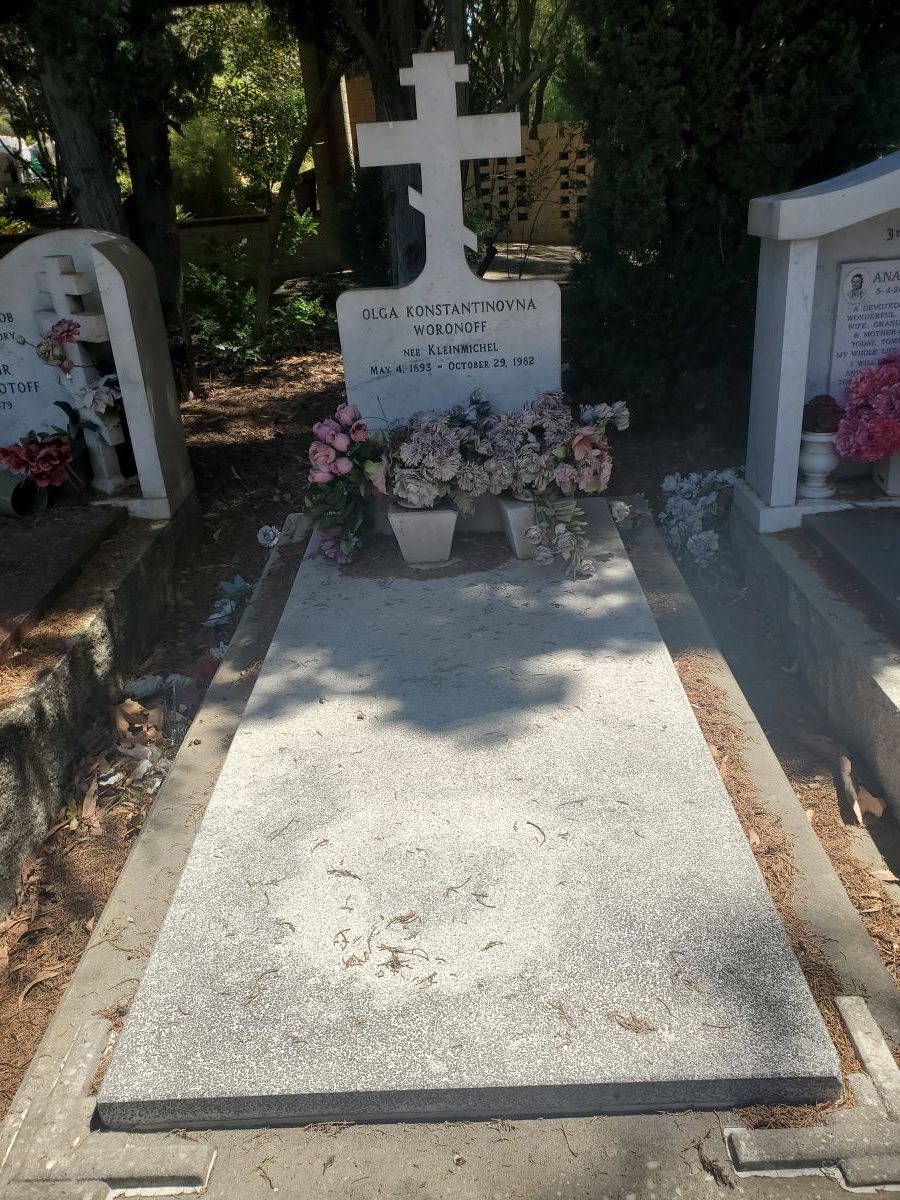
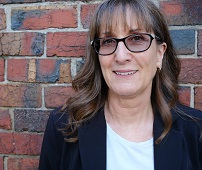
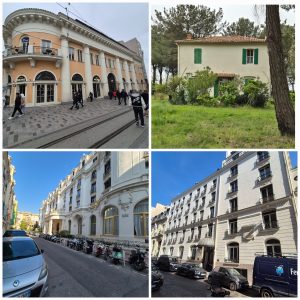
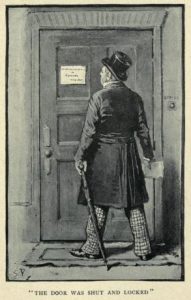
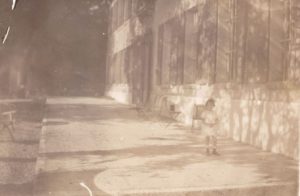
This Post Has 10 Comments
I enjoyed this lovely read. I never would have imagined the application of barcodes on graves, that’s a great way to go exploring and brings a cemetery back to life! I wondered how you came to be in Australia Alex. Finding that your parents and grandmother are in WA I have the impression that your grandparents emigrated to Australia (perhaps from Germany).
I live next to Highgate cemetery where Karl Marx is entombed and I’ve often wondered how it came to be that such an icon in Russian history came to be here. I learned that Lenin was also here and that the Revolution was planned in a pub just down the road. It just never ceases to amaze me how a little digging in to the past can reveal so much.
Tony, history sure turns up some interesting stories! My parents decided to migrate to Australia from America, where my grandfather died and is buried. I was a child, and as for my grandmother, we were her only close family so I guess she had no other option.
Merci de ce joli texte, chère Alex.
Rassurez-vous, vous n’êtes pas la seule à aimer flâner au milieu des tombes…
L’évocation de votre grand-mère au cimetière de Karrakatta réveille en moi un vieux souvenir à l’heure où la folie des Hommes et l’atrocité des guerres sont, hélas, si présentes.
Dans le petit cimetière du village où vivaient nos grands-parents chez qui, enfants, nous passions nos vacances d’été, ma soeur et moi cherchions, à l’âge des premiers émois amoureux, des “petits fiancés” parmi les tombes.
A peine plus âgés que nous, ils reposaient là, pour la plupart de jeunes soldats morts au front pendant la Première Guerre mondiale, et nous fleurissions leurs tombes abandonnées puisqu’ils étaient sans descendance.
Que la Paix de Noël éclaire le monde et le rende meilleur !
Geneviève (77 ans)
Geneviève, that is a sad story! Thank you for reading my post!
Ich habe immer Friedhöfe besonders die alten geliebt! Meine Mutter, Deine Tante, hat uns als
Kinder häufig auf Friedhöfe gebracht.
Wie interessant Kirsten! Schön von dir zu hören xo
Hola Alex
Es precisamente así como dices, respecto a esto de las historias en los cementerios, que, igual a mí me fascina visitar cementerios y tratar de vislumbrar cómo fue la vida de esas personas cuyos restos yacen encerrados en las tumbas.
Mi madre me contaba que siendo ella niña le gustaba visitar el cementerio y estaba allí mucho tiempo “imaginando” historias, observando cada mausoleo por ese lugar.
Saludos
Albert
Thank you for reading Albert – I’m glad that others also enjoy walking through cemeteries.
I too love old cemeteries and seek them out when I’m travelling. The names on the old gravestones are a great source of names for characters if you are writing a novel. Your grandmother would be astonished (or not) to know that her grave is on a historic walk trail.
I think she would be astonished. And yes, cemeteries are great places for names!